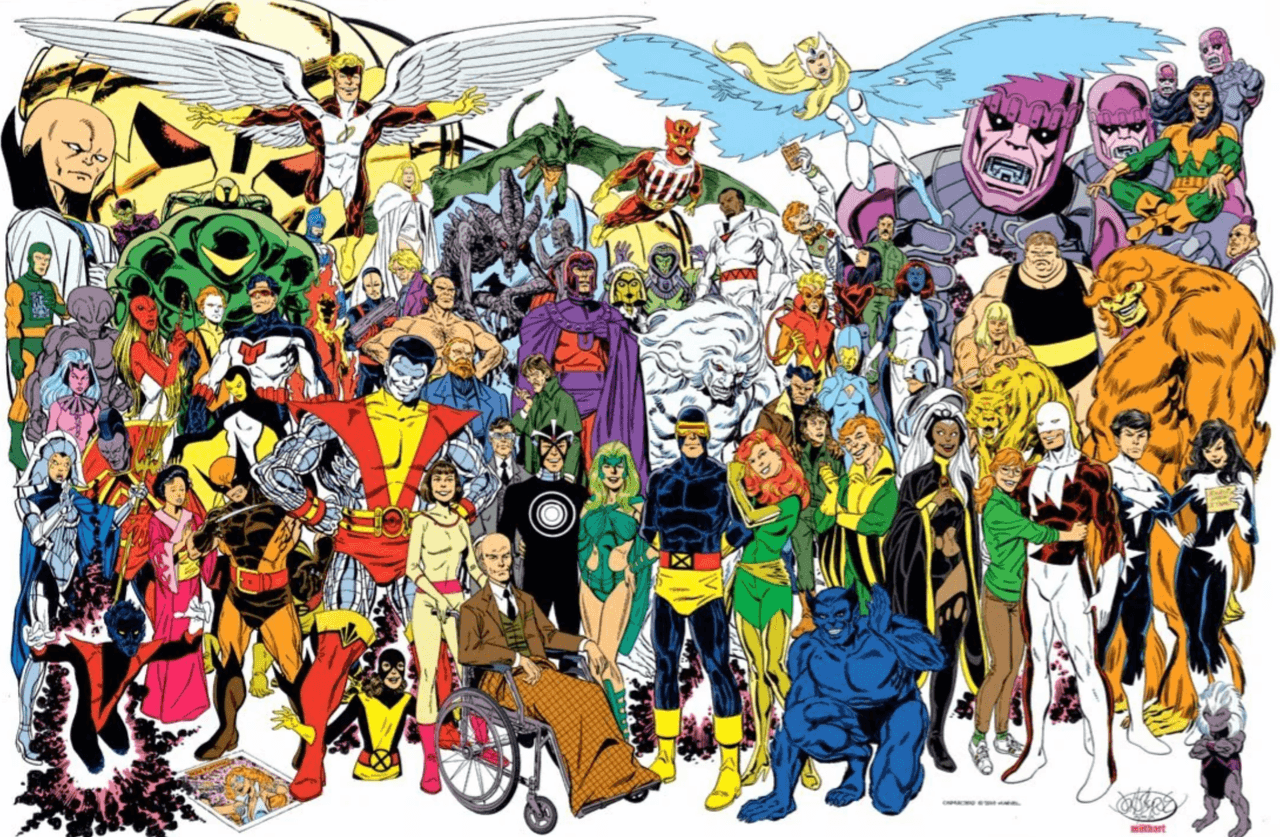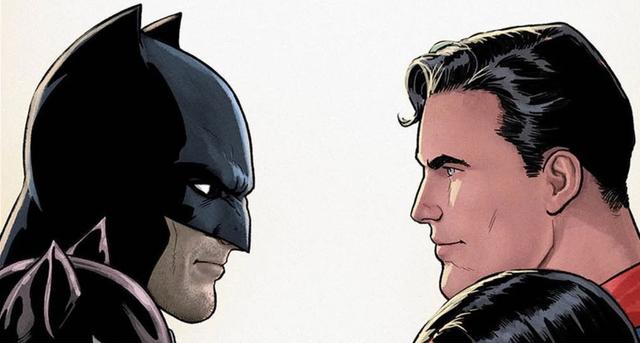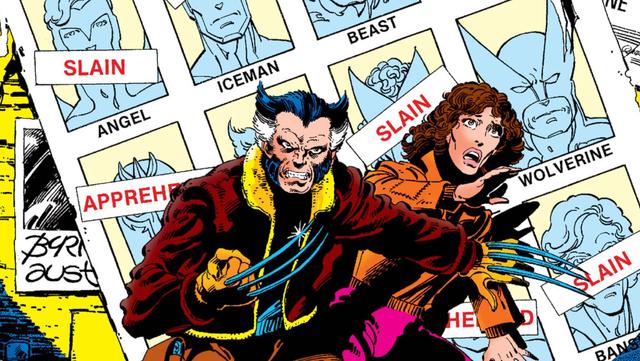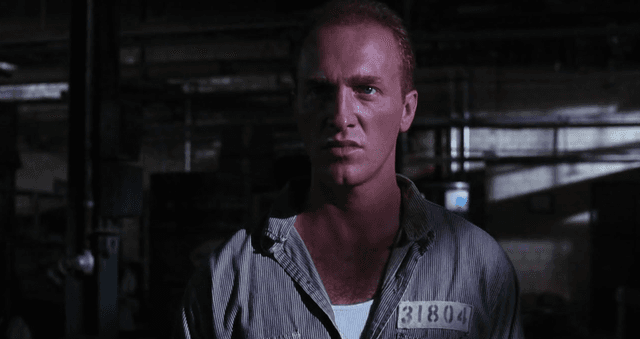If you click on a link and make a purchase we may receive a small commission. Read our editorial policy.
Louise Simonson partially blamed herself for John Byrne's exit as Marvel's best-selling X-Men comic book artist - "I thought I killed it"
Speaking at Baltimore Comic Con 2024, storied X-editor Louise Simonson described John Byrne's infamous exit from the book and, in her own words, her part in it

Popverse's top stories
- "And my axe!" Lord of the Rings star John Rhys Davies says there's one world leader who deserves Gimli's iconic weapon
- Wonder Man is the Andor of Marvel Studios’ modern TV series on Disney+
- Absolute Batman happened because DC Comics writer Scott Snyder got bored reading about ‘superhero fatigue’
What does an comic book editor do when they lose a writer or artist?
That's the question that was posed to Louise Simonson at Baltimore Comic Con 2024, during a panel called Mutant Mayhem, which celebrated the long history of Marvel's finest supergroup. Simonson, who not only edited the X-books for some time but also co-created X-movie stars Apocalypse and Cable, knew a thing or two about a surprise change in the creative lineup, as she was only too happy to share.
"I had John Byrne leave the X-Men!" she began by saying. And she feels a little bit of that exit had her to blame.
Some context: Louise Simonson joined the Uncanny X-Men editorial team in January of 1980. In March of 1981, artist John Byrne left the Uncanny X-Men book after four years of work, much of which - such as the Dark Phoenix saga - would go on to be cemented as X-Men cornerstones, with his run on the series being considered by some as the highpoint of the title. At Baltimore this year, Simonson recounted the story in her own words.
"[Byrne's exit was] right after I started," she said, "after this brilliant line of years worth of books. It was sort of my fault, because he and [legendary writer Chris Claremont] had a disagreement, and I agreed with Chris."
To be fair, perhaps Simonson taking all the credit for Byrne's exit is an oversimplification, especially as she explains she was sympathetic to his ultimate position.
"Really, it was," she continues, "I think John wanted control of a book, and he really deserved it. He wrote the stories and he wanted to do it all himself."
But at the same time, as any good editor would, Simonson knew what made the story tick.
"But the X-Men was really Chris's book," she says, "And so John went off and did Fantastic Four. It was really great and it sold really, really well."
A pretty happy ending to a dispute, especially for fans of Byrne's lauded Fantastic Four run and his later She-Hulk work. For Simonson at that moment, though, things were looking pretty bleak.
"I'm stuck trying to figure out, 'Oh God,' what do we do now?" she concludes, "I thought I killed it. I had this brilliant, brilliant book that I just love and I've put an arrow in its heart. It's gone."
As we all know, Simonson's work on the X-Men didn't just not kill the book, but brought it and its spinoff New Mutants (which Simonson pioneered) into a whole new era of comics to be beloved by even more fans. Ultimately, we'd say her arrow didn't much wound the X-Men comics, and even if it did, well... the X-Men have a thing about coming back to life.
To me, my X-Men fans. Want more about Marvel's mutants? You don't need Cerebro to find what you should read next... we made a list!
- The best X-Men comics
- Every Omega-Level X-Men mutant ranked by power
- Why the Krakoan Age of X-Men was ended by Marvel
- How to watch the X-Men movies in order
About Baltimore Comic Con 2024
Dates
-
Follow Popverse for upcoming event coverage and news
Find out how we conduct our review by reading our review policy
Let Popverse be your tour guide through the wilderness of pop culture
Sign in and let us help you find your new favorite thing.
















Comments
Want to join the discussion? Please activate your account first.
Visit Reedpop ID if you need to resend the confirmation email.